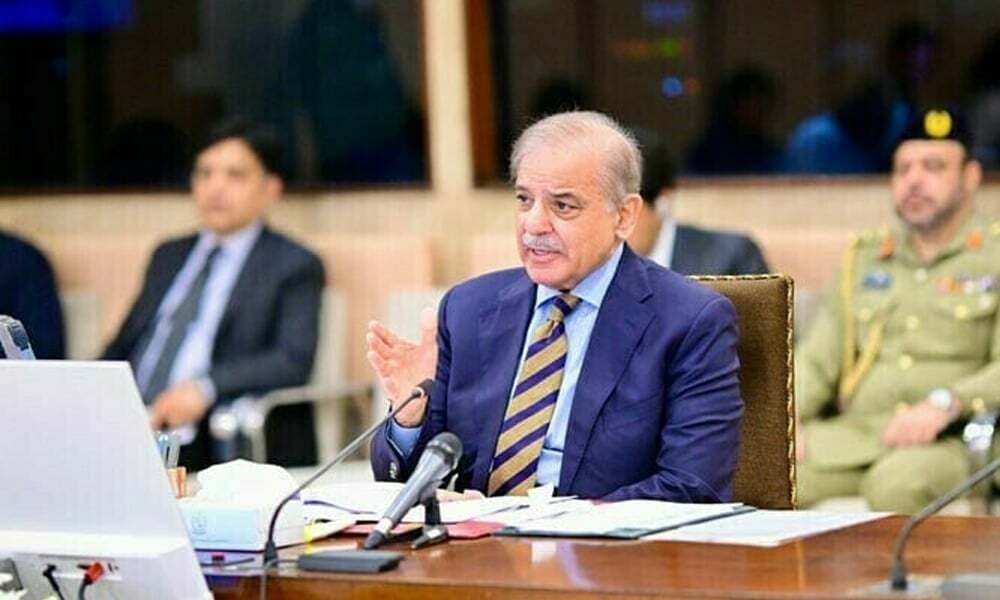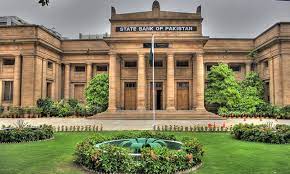PTBP Web Desk
Prime Minister Shehbaz Sharif on Friday directed authorities to take decisive steps for the capacity building of small and medium enterprises (SMEs) to enhance their profitability and contribution to the national economy.
This directive was given during a meeting of the steering committee of the Small and Medium Enterprises Development Authority (SMEDA), where strategies for boosting SME exports were discussed.
During the meeting, Prime Minister Shehbaz Sharif underscored the crucial role of SMEs in the nation’s development, calling them the “engine of national development.” He stressed that boosting SME exports is essential for strengthening the national economy. As part of this initiative, the Prime Minister instructed the immediate operationalization of the SMEDA Board to expedite efforts toward the upliftment of SMEs.
Prime Minister Sharif highlighted the significant role women play in the national economy and emphasized the importance of including women entrepreneurs in decision-making processes related to SMEs. He directed the authorities to ensure that women have ample opportunities and representation in the SME sector. This move aims to empower women entrepreneurs and integrate their contributions into the broader economic framework.
the Prime Minister called for raising the standards of export products to align with international practices. He suggested engaging experts of international repute to help uplift the SME sector. By adhering to global standards, Pakistani SMEs can enhance their competitiveness in the international market, thereby increasing export potential and profitability.
The meeting included a detailed briefing on strategies to make SMEs more profitable. This involved discussions on various measures, including improving SMEs’ access to easy loans and promoting SME exports. The Prime Minister was informed about the government’s plans to assist SMEs in securing easy loans to start new businesses and expand existing ones. This financial support is expected to play a pivotal role in enhancing the growth and sustainability of SMEs.
Climate change was another key focus of the meeting. The Prime Minister was briefed on how the SMEs sector can contribute to tackling climate change by adopting sustainable practices. One of the strategies discussed was the introduction of technology for manufacturing textile products using recycled materials. This approach not only addresses environmental concerns but also opens up new avenues for innovation and market differentiation for SMEs.
The meeting also emphasized the need for a new policy to uplift SME institutions. It was stated that this new policy would be formulated based on the latest statistics to ensure it addresses the current challenges and needs of the sector effectively. By using data-driven insights, the government aims to create a conducive environment for SMEs to thrive and contribute significantly to the national economy.
The meeting was attended by several key figures, including Federal Ministers Ahad Khan Cheema and Rana Tanveer Hussain, the Prime Minister’s Coordinator Rana Ehsan Afzal, the State Bank Governor, the Chairman of the Federal Board of Revenue (FBR), the President of the Federation of Pakistan Chambers of Commerce and Industry (FPCCI), and other members of the steering committee. Their involvement highlights the government’s commitment to a collaborative and multi-faceted approach to SME development.
Prime Minister Shehbaz Sharif’s directives mark a significant step towards enhancing the capacity and profitability of SMEs in Pakistan. By focusing on key areas such as export promotion, women’s inclusion, standardization of products, and sustainability, the government aims to create a robust framework for SMEs to contribute more effectively to the national economy. The initiatives discussed in the meeting reflect a comprehensive approach to SME development, encompassing financial support, policy reform, and the adoption of sustainable practices.




